That's some good wisdom!
Results 21 to 30 of 43
-
-
-
-

Array
- School
- Head instructor 10th Planet Mobile
- Location
- Mobile,Al
- Posts
- 3,644
Imo, ideally you want to be a coiled ball of reactive reps that are just waiting for their trigger to spring. If you are thinking while they are reacting, you're gonna be late. The opposite also applies when you react properly. Capitalizing on opportunities that your opponent gives you makes everything easier. You don't want to let someone put their hand on the mat without trapping it. Otherwise you will go out of your way to force him to do something, when he is willingly giving you a setup. This is one of a thousand examples of triggers for drills/techs. Eventually you are already hugging your knee before you realize his hand is on tha mat.
Stance. This is a huge part of my entire game. Having a strong base to react from, whether attacking or defending, is huge for confidence. Especially when you see openings in your opponents stance. This is a huge weakness in newer competitors, unless they came from wrestling. How does stance translate to mindset? It forces you to focus on position and posture before contact. You are aware of your weight distribution, neck position, and gaps. Elbows in, head up, lead arm ready to swim for an underhook, ready to sprawl or shoot etc. I am also analyzing his stance, weight distribution, and gaps. Are his steps rythmic or repetitive? Are his elbows out? Is his neck weak? Where is his head in relation to mine? While I'm checking the list, my stance is literally my first bait. I want to counter everyway he can possibly explore me. He has to explore me because my stance is tight. Being completely focused on the immediate task at hand as soon as you bump knuckles. Everything else comes down to reps.
Also, breathe. Its crazy how much we involuntarily hold our breathe, especially under pressure. This is never good.
-
-
Mikael Chay
Excellent thread! Great great insights!
It's so encouraging and inspiring for white belt beginners like me to learn about how more experienced, higher-belts and/or top-level practitioners approach their game in training and in competition.
Thank you so much to all for sharing
-

Array
- School
- Elite BJJ Redmond, WA
- Location
- Monroe, WA
- Posts
- 726
-
-
I personally work on maybe two to five things at a time. For example, right now I'm working on inverting and not getting my guard passed, as well as a certain style of arm bar. It needed some adjustments. Three things..focusing on those on every roll, that's the main focus this week. I change my focus all the time while still maintaining and trying to better all of my current techniques.
When I compete, yes absolutely..I have one focus, one goal, but if you cling to your game plan...and if it doesn't go according to plan..you'll freeze and probably lose. I tell myself one thing when I compete. Move! Just move. Yes I want to get to my guard, but if it isn't happening, just move and capitalize on your opponents mistakes. That's the main focus for me.Be one with yourself and know you can do anything when you are friends with yourself.
10th Planet Gulf Shores Official Website
-
I need to start keeping a journal with the things I'm trying to work on each day or week. Writing things down really helps keep me focused with pretty much everything I do in life. I watch and read so much jiu jitsu that my mind starts wondering instead of focusing on a few things.



 Reply With Quote
Reply With Quote





